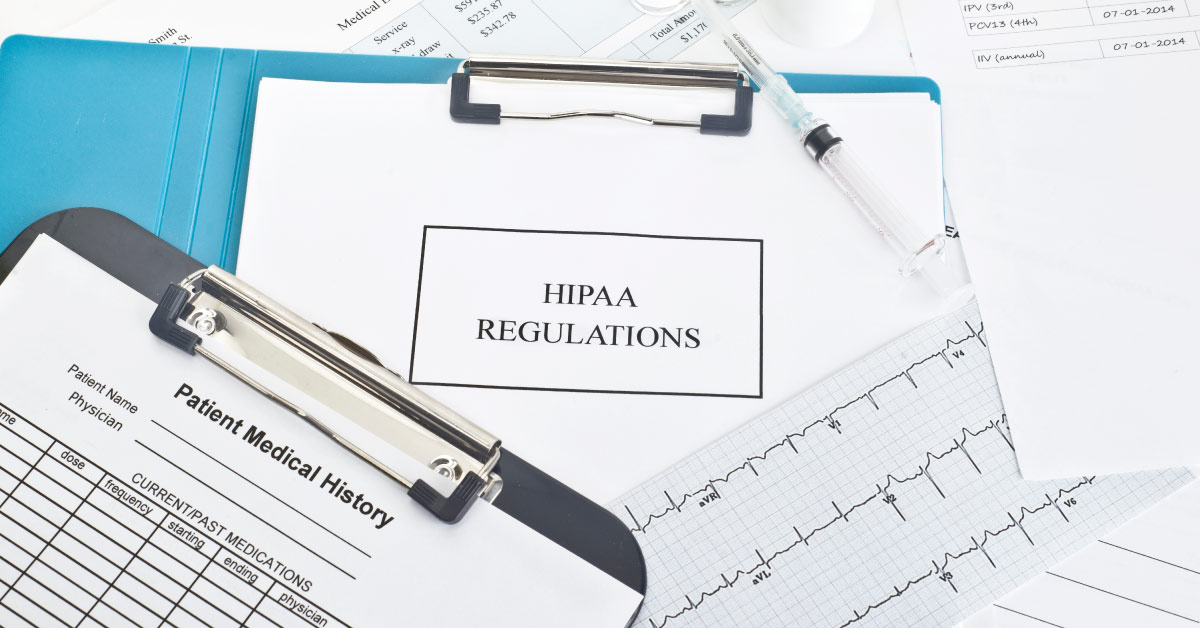Are Medical Records Legal Documents and What Makes Them Admissible in Court?
September 2, 2025
Record Retrieval
Are Medical Records Legal Documents and Admissible in Court?
How U.S. Courts Define “Medical Records” in a Legal Context
Courts generally define medical records as any documentation created during a patient’s treatment or diagnosis and maintained by a healthcare provider. This includes information about the patient’s condition, care, and outcomes. The definition applies regardless of whether the records are on paper or in an electronic health record system.This broad scope means that nearly every part of a patient’s care history can be relevant in court. That can range from a doctor’s handwritten notes to lab results and digital imaging files.
Common Types of Medical Records Introduced as Evidence
Medical records that end up in court can take many forms. Common examples include:- Hospital and billing records that document admission, treatment, and costs
- Doctor’s orders and progress notes that track care over time
- Diagnostic tests and lab reports with objective data
- Imaging results such as X-rays, MRIs, or CT scans
- Surgical and pathology reports detailing procedures and findings
- Discharge summaries and medication lists used in patient follow-up
Why Admissibility Is a Recurring Litigation Issue
Even when records exist, courts may not allow them to be used if they fail certain tests. The most common reasons for rejection are:- Lack of authentication
- Missing information
- Poor formatting
- Privacy compliance issues
Understanding the Legal Status of Medical Records
Under the Federal Rules of Evidence, medical records can be admitted through the business records exception to the hearsay rule. Rule 803(6) allows records kept in the regular course of business to be accepted if they are properly authenticated. Rule 803(4) covers statements made for purposes of medical diagnosis or treatment.States often add their own requirements, such as certification from a custodian of records or specific redaction and formatting rules. Despite differences, the core standard is consistent: Records must be relevant, authentic, and created as part of regular medical practice.
Key Factors That Determine Admissibility
Courts look for certain elements when deciding whether to admit medical records. A complete record generally includes:- Patient identification and contact information to confirm identity.
- Medical history and consent forms to show context and permissions.
- Provider notes from doctors and nurses documenting care.
- Test results and treatment plans that inform medical decisions.
- Discharge summaries that outline next steps after treatment.
Authentication and Provider Verification
To be admissible, medical records must be proven authentic. Courts often accept testimony from the custodian of records, sworn affidavits or certifications from providers, or digital chain-of-custody logs that track handling from creation to submission. These steps reassure the court that the record has not been altered and it is a true copy of the original.A strong chain of custody documents each transfer of the record, including who had access and when. This process protects against tampering and reinforces the credibility of the evidence.
The Role of HIPAA and Privacy Compliance
The Health Insurance Portability and Accountability Act (HIPAA) affects how records are requested, transmitted, and stored. The Privacy Rule requires patient authorization for disclosure and limits the amount of information that can be shared to what is necessary. The Security Rule requires electronic records to be encrypted, access-controlled, and tracked through audit logs.While a HIPAA violation does not always make a record inadmissible, it can damage a party’s credibility or result in sanctions. Compliant handling is essential for legal and ethical reasons.
Summarize Thousands of Pages of Medical Records Quickly and Inexpensively
How Lexitas Supports Court-Ready Record Retrieval
Retrieving medical records for litigation is not just about obtaining documents—it is about ensuring they meet the evidentiary standards that keep them admissible in court. At Lexitas, we provide medical record retrieval that is fast, compliant, and tailored to the specific needs of each case. Every request is reviewed for proper HIPAA authorization, and our team checks that the records are complete, legible, and properly formatted for court submission.We also offer secure, end-to-end record retrieval solutions that safeguard sensitive data during transfer and storage. Our encrypted digital platforms, detailed chain-of-custody logs, and custodian certifications make it easier for legal teams to authenticate records and avoid delays during trial preparation.
Practical Tips for Legal Teams
Obtaining medical records for a case is not a last-minute task. Legal teams that follow proven best practices for how to retrieve medical records can reduce delays, avoid compliance issues, and improve the odds that their evidence will be admitted. Early, precise requests help providers respond faster and reduce the need for follow-up corrections.Preparation for depositions also benefits from this approach. Understanding the deposition process and how records will be used during testimony ensures attorneys and witnesses are aligned. This can strengthen the case strategy and make it easier to introduce records without objection.
Key recommendations include:
- Request records early to allow time for provider processing and corrections.
- Submit precise, compliant requests identifying the patient, provider, and date range.
- Review records on arrival for missing pages, inconsistent information, or poor legibility.
- Confirm authentication with affidavits, certifications, or custodian testimony before submission.
Partner with Lexitas for Court-Ready Records
Our HIPAA-compliant record retrieval services give you secure, complete, and fully authenticated medical records—ready to stand up in court. From managing the chain of custody to ensuring jurisdiction-specific compliance, we handle every step so you can focus on building your case. Request secure medical record retrieval with Lexitas today.Related Resources

Articles
Record Retrieval
How to Retrieve Medical Records for Litigation
Learn how legal teams retrieve medical records for litigation while staying HIPAA compliant in this step-by-step guide with best practices and compliance tips.
Read More
Articles
Record Retrieval
Subpoena for Medical Records
Learn when and how to use subpoenas to retrieve medical records, avoid delays, and ensure HIPAA compliance throughout the litigation process.
Read More
Articles
Record Retrieval
Transforming Legal Practices with Outsourcing, Technology, and Automation
The legal landscape is evolving faster than ever. To not only survive but thrive, law firms must rethink traditional approaches and tap into strategies that enhance efficiency, control costs, and scale with ease.
Read More